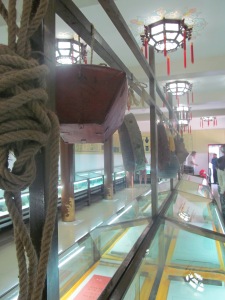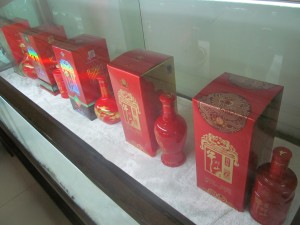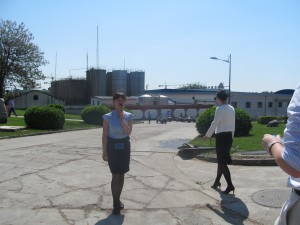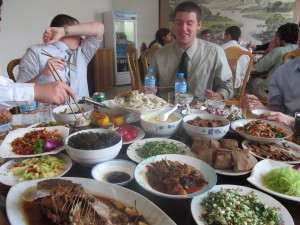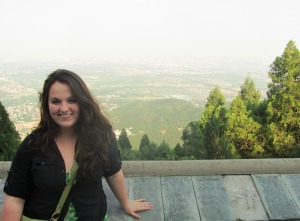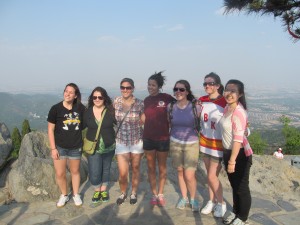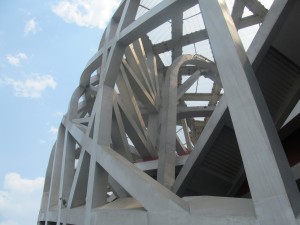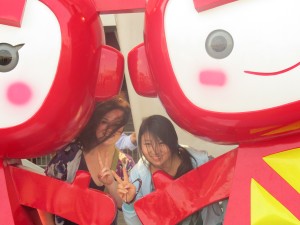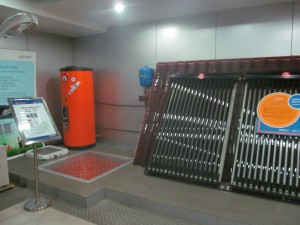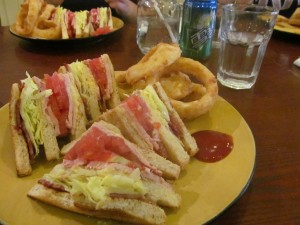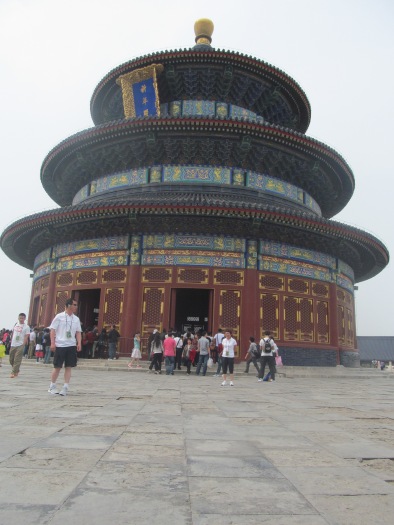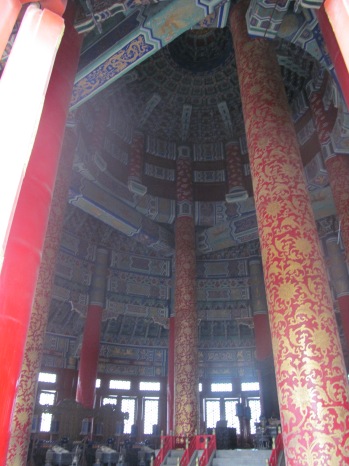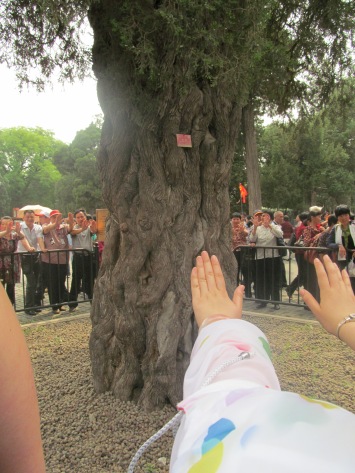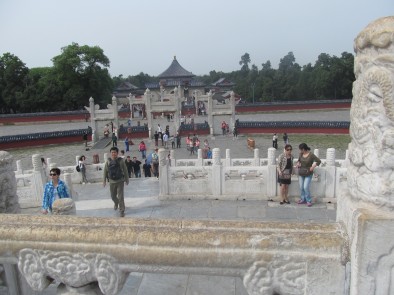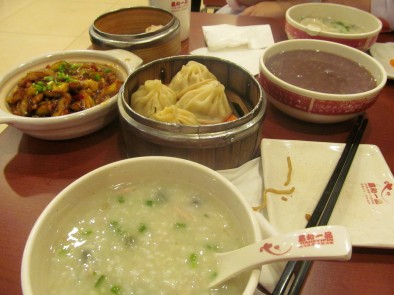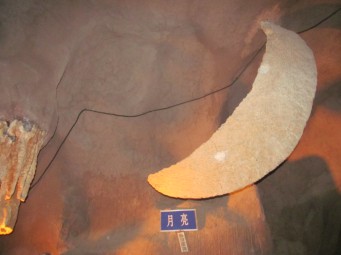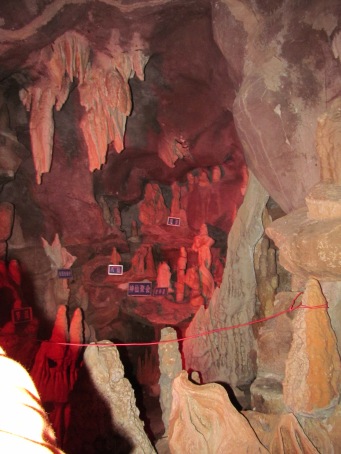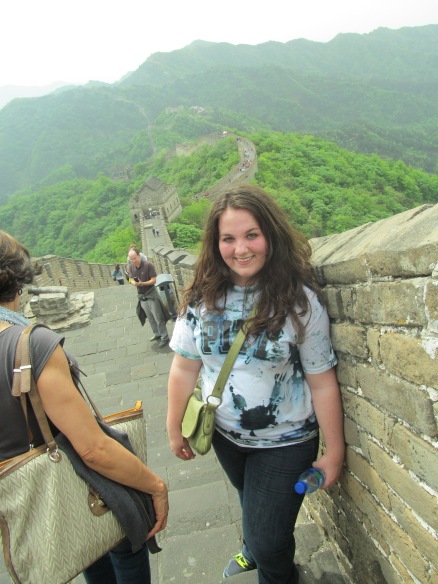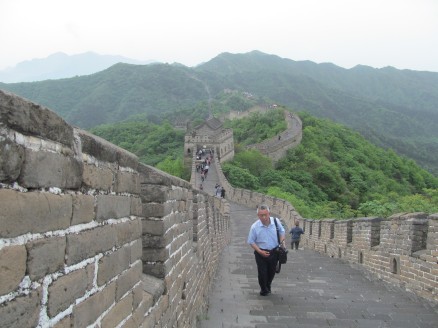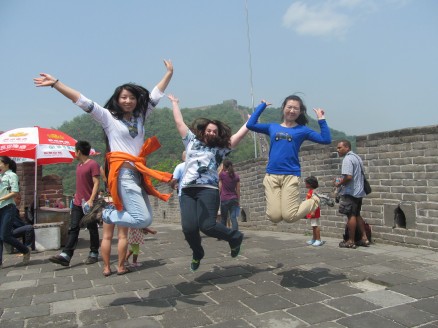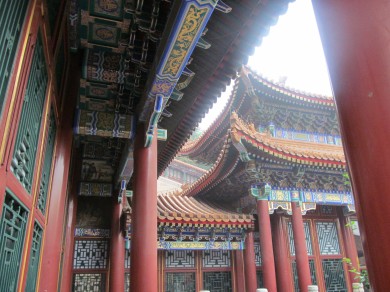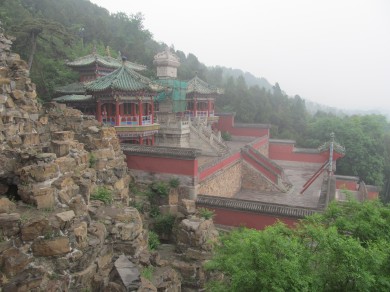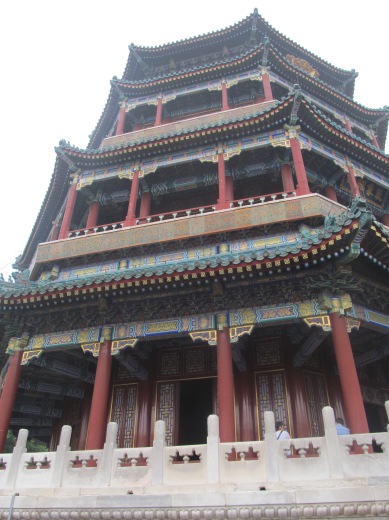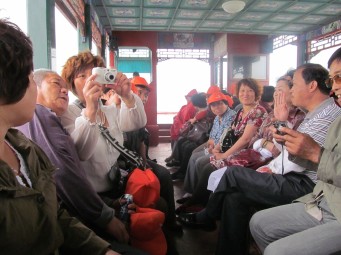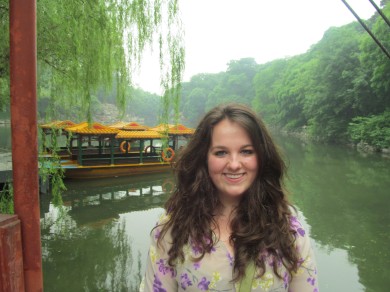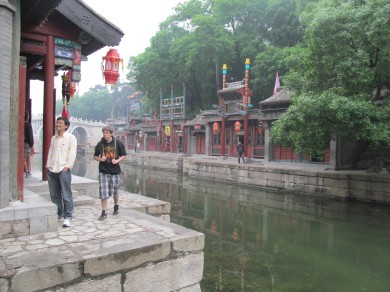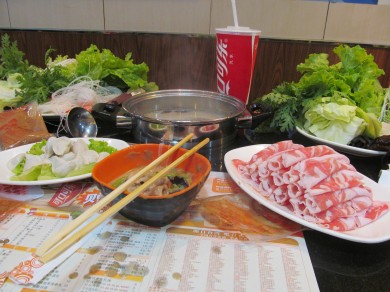Summary Journal
Ethical Issues in My Profession:
It is easy to exploit workers, especially uneducated workers, because there are so many people looking for jobs that employers can get away with paying ridiculously low wages. For example, Foxconn, a company that manufactures products for Apple, is constantly in the news for everything from high employee suicide rates to riots breaking out in their dormitories. A lot of these issues can be traced back to the ridiculously low wages and poor working conditions. We learned in one of our lectures that at Foxconn, in order to make enough money to live on, employees would have to work inhuman numbers of overtime hours.
I think that all or most of the companies we visited in Beijing are government affiliated so they have stricter regulations that must be followed and thus better working conditions. At the distillery we toured, workers were paid nearly double that of a comparable job at a private company. I asked why the company didn’t purchase a machine to do some of the jobs like putting labels on bottles. I was told that even though a machine might save some money in the long run, the company used workers so that more jobs could exist and the company could continue its relationship with the government.
There are also the environmental issues that exist in China. Their rapid industrialization pollutes both their air and land. These issues are apparent, and while in China it was apparent that the government was taking large steps to work on these problems. As we learned at Tsinghua Solar, the government offers incentives for installing solar water heaters. But as much as they are working to solve these problems, they are perhaps even more concerned about continuing economic growth and encouraging foreign investment. And foreign investors are attracted to China by the cheap labor and comparatively lower environmental standards. I therefor believe that U.S. companies have an ethical obligation to not exploit workers and set a good example on the international stage for other wealthy nations seeking cheap labor costs abroad.
Educational Breadth as Professional Development:
Being well rounded is always a useful thing, but it becomes even more important when working in a global context. It’s easy to learn about cultural differences, but it’s more difficult to recognize and appropriately change your behavior. For example, before the trip I had learned that when offered any type of paper, whether it’s a business card or money, that you must take it with both hands. Even though I had learned this, I repeatedly caught myself using only one hand. This is a small anecdote, but I believe it can apply to education on a much larger scale. We can learn as much as we can in a classroom, but we will really begin to grasp and apply what we learn when we are in the field, experiencing what we learned firsthand.
As a Global Management major, a lot of my business classes focus on international economics and how business varies in different cultures. Next semester I will be taking International Organizational Behavior and French IV. These are the classes I am most looking forward to. In addition to these, I can take Arts and Sciences classes for electives that focus on a specific culture or geographic area.
Lifelong Learning, Continuing Education as Professional Development:
Learning doesn’t just happen in a classroom. A lot of learning comes from simply observing the people and things around you.
Many people that I’ve talked to have told me that college didn’t teach them to do their job, it taught them how to think. I think the specific requirements of a position are always learned on the job. Our guide at Capital Bio told us that he majored in molecular biology and began working for the company as a researcher. He eventually switched to the business side of things and now works in the international business department. Many people end up working a job that is outside of their major, and acquire skills that qualify them for all types of positions.
There are few, if any, industries that do not change. Most necessitate ongoing learning, especially anything to do with technology because it changes and evolves constantly. I think it’s important to always be learning new things about your field of interest. Learning new ideas or concepts keeps things from getting boring. Attending conferences and staying on top of emerging trends can keep people excited and energized about the work they do. If you let your knowledge become outdated, then your value to your organization becomes outdated.
The Social Environment of Professional Life :
From what I’ve seen and heard, citizens of other countries know a lot about U.S. politics and news while Americans know very little about the politics and news of any other country. At several places in China, we saw t-shirts with Obama dressed in communist garb. It was shocking to see images of the American president at tiny souvenir carts throughout Beijing. Especially when I think that I couldn’t name a single modern leader of China. Some of this has to do with education and the individual’s level of interest. In one of our lectures, we were told that in some parts of China political knowledge is so low that citizens would vote for Mao Zedong because he is the only political figure they really know – and he died decades ago.
In a professional setting, I would consider it important and necessary to be acquainted with the social and political goings-on of any country you visit. In a more general sense, it is always beneficial to have a broad world view. It gives us a better understanding of everything and with companies becoming increasingly global and utilizing global supply chains, we are now more tied to international events. For instance, the tsunami in Japan severely affected production of certain electronics and caused a shortage of supply in America.
Functioning on Multi-Disciplinary Teams:
I was so glad to have the opportunity to get to know engineers on this trip, a group that I don’t share any classes with. Right now we’re not very different. We’re all college students; we have had similar experiences and since we are here, seem to share a love of adventure. We just take different classes. But I imagine that as we get older and begin to identify more with our professions, that the differences will be more pronounced. It may be more difficult to identify with each other.
It’s a good idea to find a shared interest. Since you are on a team, you will obviously be working towards the same goal. Each person may have different methods, but I think that communication is of the utmost importance. It is very helpful if engineers remember to thoroughly explain the technical aspects of a project to the business people and if the business people explain their jargon to the engineers. This isn’t always possible because someone may not have the educational background to understand a concept even if it is explained thoroughly. Therefore, there is a need for trust within these teams. Also, when working on cross-functional teams, it’s a good idea to divide up the work so that each person is playing to his or her strengths.
